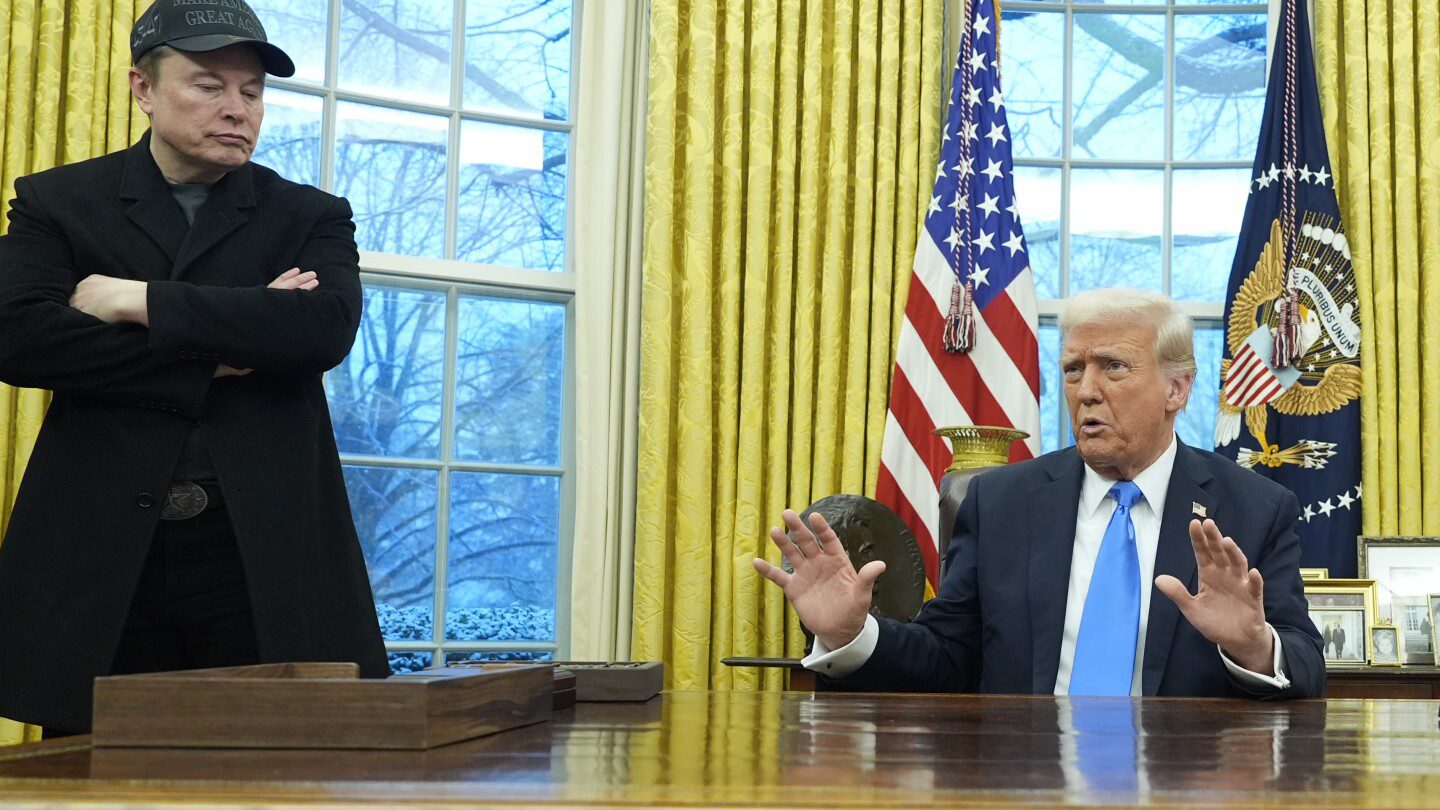
WASHINGTON (AP) — A federal judge has decided not to impose an immediate halt on billionaire Elon Musk and the Department of Government Efficiency from their access to government data systems or their involvement in workforce reductions.
U.S. District Judge Tanya Chutkan acknowledged the validity of concerns regarding Musk’s authority, but concluded that there was insufficient evidence to support a temporary restraining order due to the absence of significant legal harm.
This ruling emerged from a lawsuit initiated by 14 Democratic states questioning DOGE’s right to access sensitive government information. The state attorneys general contended that Musk is exercising powers meant solely for those who are elected or confirmed by the Senate, per the Constitution.
The Trump administration has claimed that any layoffs are being directed by agency heads and insisted that despite Musk’s public support for these actions, he is not directly managing DOGE’s daily operations.
DOGE has been granted access to computer systems across various federal agencies with the authorization of President Donald Trump. The organization is examining budgets and identifying what Musk describes as waste, fraud, and abuse, despite an escalating number of lawsuits alleging DOGE is acting unlawfully.
Chutkan recognized the apprehensions voiced by the states, including New Mexico and Arizona. She noted, “DOGE’s unpredictable actions have contributed to significant uncertainty and confusion.” She deemed their inquiries regarding Musk’s seemingly “unchecked authority” and the absence of congressional oversight for DOGE as legitimate, suggesting they might successfully argue their case at a later date.
Nonetheless, at this moment, the extent to which DOGE’s activities will impact the states remains uncertain, and judges are limited to issuing orders to prevent specific, immediate harms, as she reasoned.
Chutkan, a nominee of Democratic President Barack Obama, previously presided over the now-dismissed criminal election interference case against Trump in Washington, D.C.
The lawsuit seeks to prevent DOGE from operating within federal agencies such as the Office of Personnel Management, Education, Labor, Health and Human Services, Energy, Transportation, and Commerce.
In separate cases involving DOGE, two other judges in Washington have also declined to place immediate restrictions on DOGE’s access to agency systems, while a federal judge in New York has temporarily restricted DOGE’s access to Treasury Department data.
__









